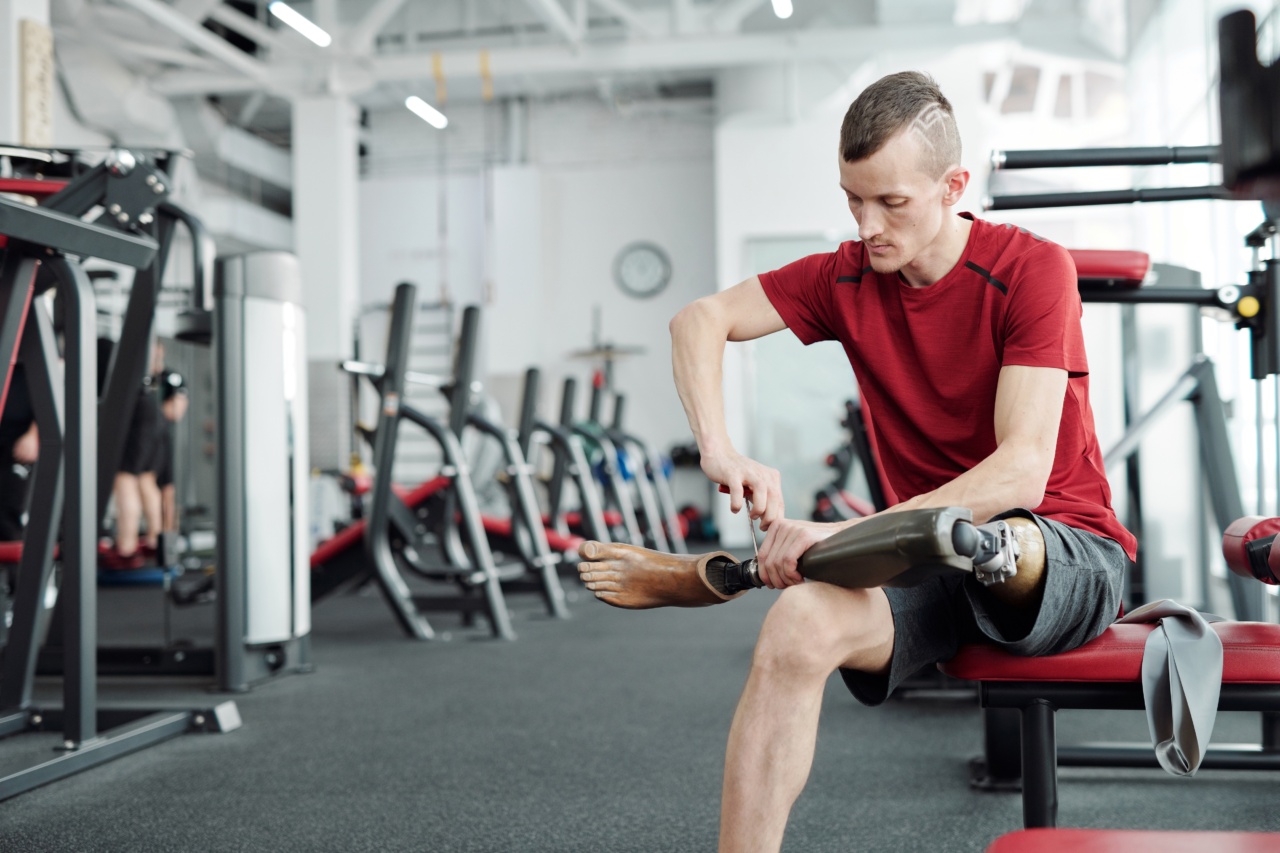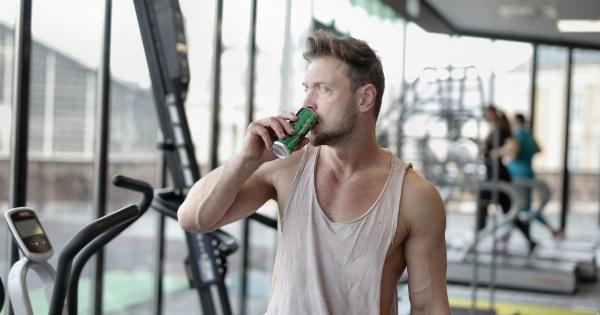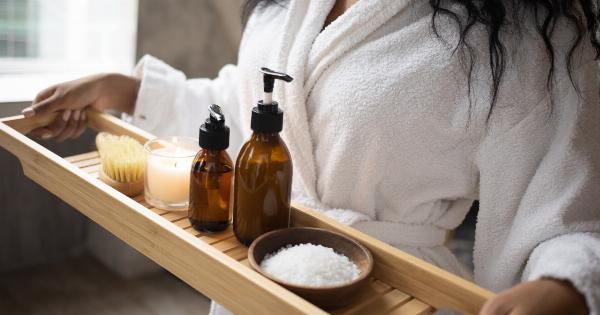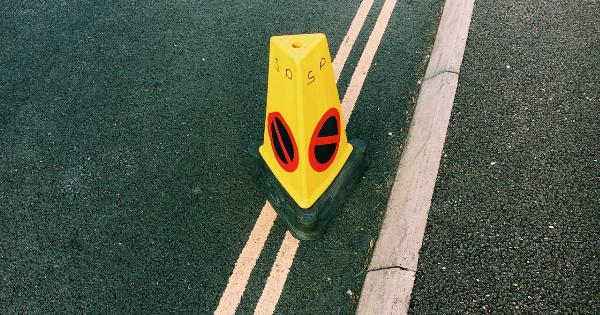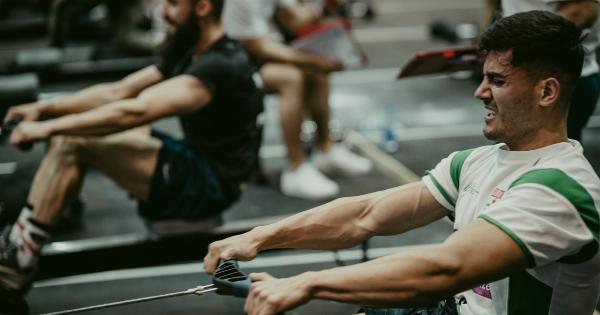Muscle cramps can be an annoying and painful experience for many individuals. These sudden contractions of muscles can occur in various parts of the body, such as the legs, feet, hands, and abdomen, and they can disrupt daily activities and sleep.
Although muscle cramps are generally harmless, they can be incapacitating and affect your overall quality of life.
Understanding Muscle Cramps
Before we delve into the remedies and fixes for muscle cramps, it’s essential to understand what exactly causes them. A muscle cramp happens when a muscle forcibly contracts and does not relax, leading to pain and discomfort.
Cramps can be brief, lasting only a few seconds, or more prolonged, lasting several minutes. The most common areas prone to muscle cramps are the calves, hamstrings, quadriceps, and feet.
Causes of Muscle Cramps
Several factors contribute to muscle cramps, including:.
1. Dehydration
Inadequate hydration can lead to electrolyte imbalances, primarily sodium and potassium deficiencies, which can trigger muscle cramps.
Make sure to drink plenty of fluids throughout the day, especially during physical activity or hot weather, to stay hydrated and avoid cramps.
2. Overuse or Strain
Overworking the muscles through repetitive activities or intense exercise without allowing enough time for rest can lead to muscle fatigue and cramping.
It’s crucial to give your muscles time to recover and stretch properly before and after physical exertion.
3. Mineral Deficiencies
A lack of essential minerals like potassium, calcium, and magnesium can contribute to muscle cramps. These minerals play a vital role in muscle function and contraction.
Consuming a balanced diet rich in fruits, vegetables, whole grains, and dairy products can help prevent deficiencies and reduce the frequency of cramps.
4. Nerve Compression
In certain cases, nerve compression due to conditions like spinal stenosis or herniated discs can lead to muscle cramps.
If you experience persistent cramps, especially along with other symptoms like numbness or tingling, it is advisable to consult a healthcare professional for evaluation and diagnosis.
5. Heat and Excessive Sweating
When the body loses excessive amounts of fluid due to intense heat or profuse sweating, it can lead to dehydration and electrolyte imbalances, making muscles more susceptible to cramping.
It’s essential to replenish fluids and electrolytes during hot weather or intense physical activity to prevent cramps.
6. Medical Conditions
Underlying medical conditions such as diabetes, thyroid disorders, liver disease, or kidney problems can increase the likelihood of muscle cramps. Managing these conditions properly, along with targeted treatments, can help alleviate cramps.
Effective Fixes to Stop Muscle Cramps
1. Stretching and Massage
When experiencing a muscle cramp, gently stretching the affected muscle can help alleviate the spasm. For example, if you have a calf cramp, try straightening your leg and flexing your foot towards you.
Additionally, massaging the cramped muscle or applying a hot or cold compress can provide relief.
2. Stay Hydrated
As mentioned earlier, dehydration is a common cause of muscle cramps. Ensuring proper hydration by drinking enough water and electrolyte-rich beverages can help prevent cramps from occurring.
It’s especially important to drink fluids before, during, and after physical activity or exposure to high temperatures.
3. Electrolyte Supplements
If you are engaging in intense physical activity, consider taking electrolyte supplements or sports drinks to maintain electrolyte balance. These supplements can help replenish the minerals lost through sweat and reduce the likelihood of muscle cramps.
4. Warm-up and Cool-down
Prior to engaging in any physical activity, it’s crucial to warm up your muscles. Perform dynamic stretches and light exercises to prepare your muscles for the upcoming workout.
Similarly, cooling down with static stretches and gentle movements after exercising can help prevent post-activity cramping.
5. Adequate Calcium and Magnesium Intake
Incorporate foods rich in calcium and magnesium into your diet to support muscle health. Calcium-rich foods include dairy products, dark leafy greens, and almonds. Magnesium-rich foods include nuts, seeds, legumes, whole grains, and dark chocolate.
Consider speaking to a healthcare professional about the potential benefits of calcium and magnesium supplements.
6. Modify Your Footwear
Improper footwear can contribute to muscle cramps, especially in the feet and calves. Ensure that your shoes provide appropriate support and cushioning for your feet.
Additionally, wearing orthotic inserts or arch supports can help distribute pressure evenly, reducing the risk of cramps.
7. Gentle Exercise and Strength Training
Regular physical activity, including gentle exercises and strength training, can help prevent muscle cramps. Engaging in activities like walking, swimming, or cycling improves blood circulation, strengthens muscles, and reduces the likelihood of cramps.
Start slowly and gradually increase the duration and intensity of your workouts.
8. Heat and Cold Therapy
Applying heat or cold therapy to cramped muscles can provide relief and alleviate discomfort. Heat relaxes the muscles and increases blood flow, while cold reduces inflammation and numbs the area.
Experiment with different methods and find the one that works best for you.
9. Medications and Supplements
If muscle cramps are persistent and significantly impacting your daily life, consult a healthcare professional. They may recommend medications, such as muscle relaxants or pain relievers, to provide temporary relief.
Additionally, supplements like vitamin E, B vitamins, or CoQ10 may be suggested to support muscle health.
10. Identify Triggers
Keeping a diary of your activities, food intake, and cramp episodes can help identify triggers. Certain foods, medications, or activities may contribute to muscle cramps in some individuals.
By identifying and avoiding these triggers, you can successfully reduce the occurrence of cramps.
Conclusion
Muscle cramps can be an uncomfortable experience, but with the right knowledge and preventive measures, you can effectively alleviate and prevent them.
Staying hydrated, maintaining proper mineral balance, and incorporating regular exercise into your routine are just a few ways to minimize the risk of muscle cramps. By implementing these easy fixes, you can enjoy a life without the interruption of muscle cramps.
